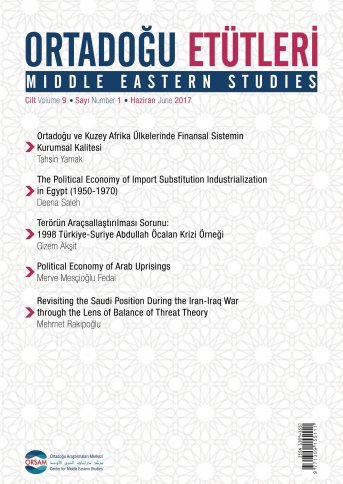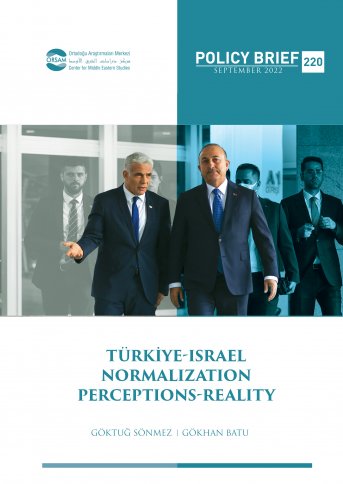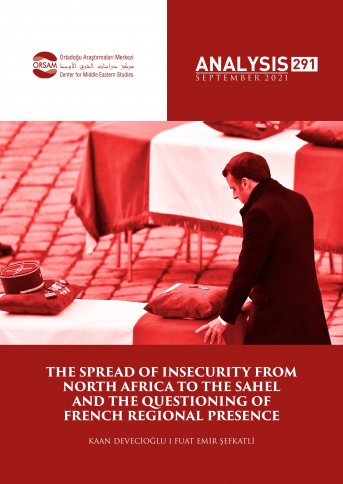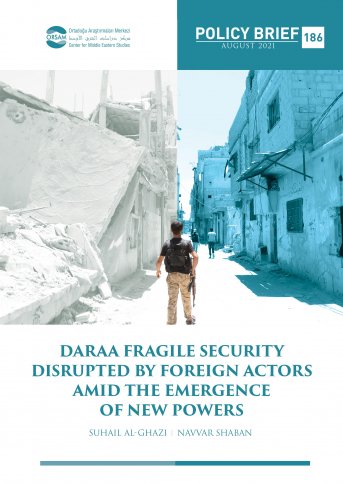
The Instrumentalization Problem of Terrorism: The 1998 Turkey-Syria Abdullah Öcalan Crisis
This study analyzes the instrumentalization problem of terrorism with the example of the crisis about Abdullah Öcalan which took place between Turkey and Syria in 1998. Terrorism is a significant problem for the security of each state. However, from time to time, an issue related to terrorism, which is a problem for one state, can be instrumentalized and used by another state. This is due to reasons such as the absence of a common definition of terrorism and a lack of a common list of terrorist organizations, or strategic concerns. Relations among states are also affected and shaped by this situation. Turkey is one of the countries faced with the instrumentalization problem of terrorism. After Öcalan escaped to Syria in the 1980s, Syria wanted to use the issue of Öcalan as an instrument for resolving the existing problems, such as a water problem. The issue of Öcalan came to the fore as the most important political issue that shaped the relationship between Turkey and Syria in the 1990s. In that period, Turkey’s foreign policy and relations with other states were also shaped under the Öcalan crisis.
In this regard, this article examines the instrumentalization of terrorism with the example of Abdullah Öcalan crisis experienced between Turkey and Syria in 1998. The first chapter describes some concepts related to the topic such as terrorism and separatist movement and also analyzes terrorism as a foreign policy instrument and determinant. The second part of the article examines Turkey-Syria relations between 1979 and 1990 on the perspective of the Öcalan crisis. Lastly, the third part focuses on the Abdullah Öcalan crisis in 1998 and Turkey’s Syria policy with respect to this problem. This crisis has importance to understand how terrorism is instrumentalized in interstate relations, and how it can shape the foreign policies of states.








